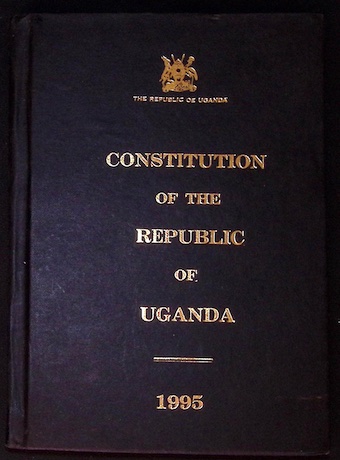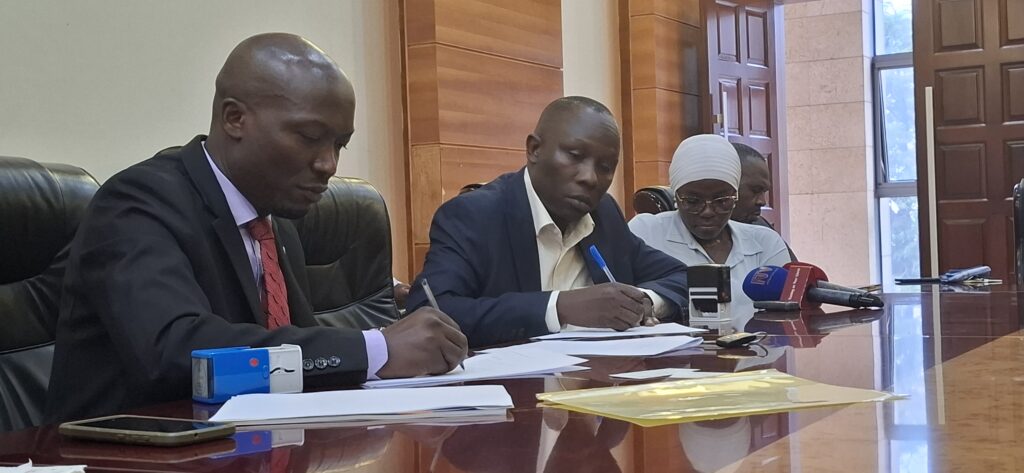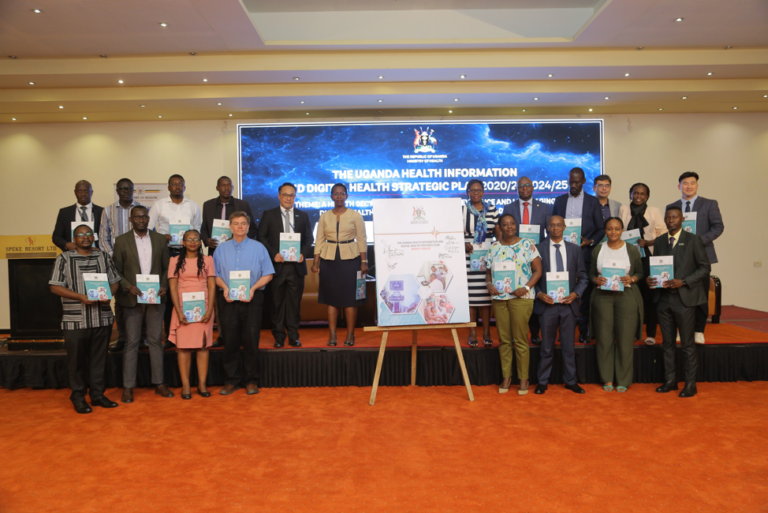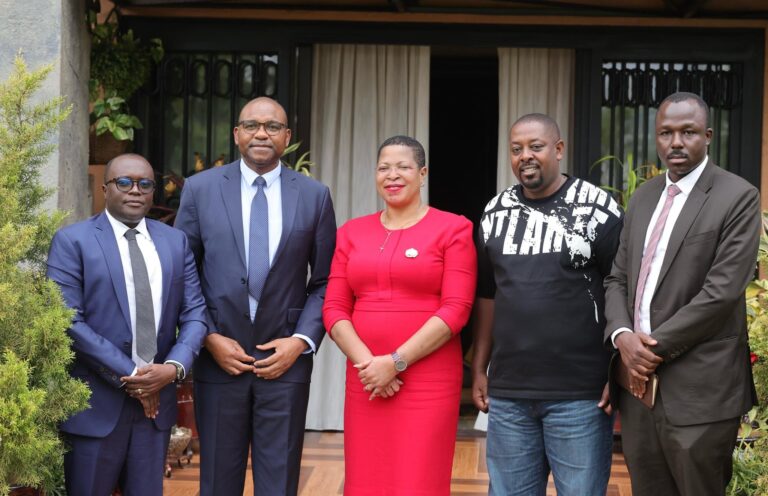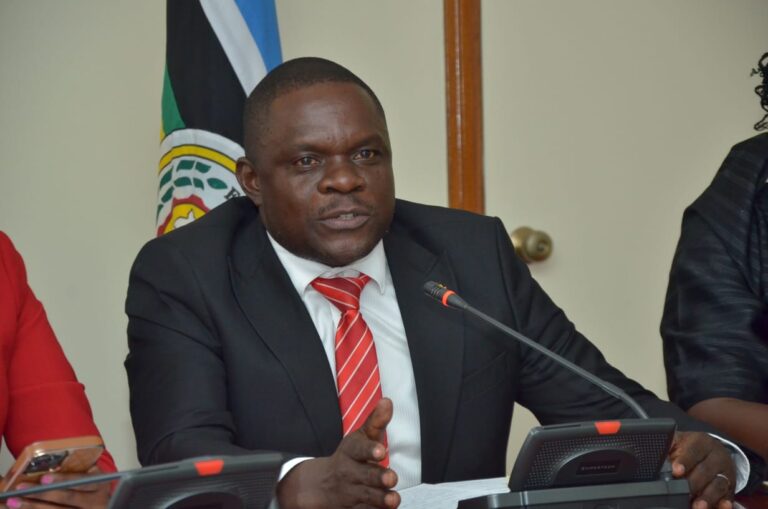
By Samuel Mwesigwa Kampala Uganda: The Busoga Consortium for Development (BCD), in partnership with the National Animal Genetic Resources Centre (NAGRIC) and The Was Company Ltd, has launched a UGX 126 million poultry project designed to transform household incomes and drive rural prosperity across Busoga. The initiative that is centered on the high-yield Rainbow chicken breed, will be rolled out in three phases across the 12 model villages of Busoga, with experts projecting that each village could generate up to UGX 25 billion annually by 2030.
10-Year Busoga Development Agenda.
The project is anchored in the 10-Year Busoga Development Agenda, a strategic framework aimed at turning Busoga into one of Uganda’s most prosperous economic regions by 2030. During the signing ceremony 2030, the Director General of BCD Dr. Mula Anthony expressed gratitude to the BCD partners—including the Chinese Embassy in Uganda, China Agricultural University, the China-Uganda Agricultural Cooperation Industrial Park, and The Was Company Ltd—for their support towards the modernization of agriculture in Busoga. Contributions have included donations of post-harvest equipment, promotion of modern farming technologies, and investments in value addition across agricultural value chains.
Anthony Mula, Director General of BCD, spoke at the ceremony, highlighting the significance of the project for Busoga farmers. He explained that The Was Company will brood the Rainbow chickens for six weeks before distributing them to farmers in three pilot villages. He further noted that more villages across the sub-region will gradually benefit as the initiative scales up.
Wamboga Nicholas, Director of The Was Company Ltd, also reaffirmed the company’s commitment to the partnership. “We are committed to delivering the best and ensuring quality in everything we provide under this project,” he said, emphasizing the long-term vision of uplifting farmers and strengthening Busoga’s agricultural value chains.
Mula also expressed gratitude to the Governments of China and Uganda, as well as Busoga leaders, for supporting and facilitating the success of the project. “We are deeply thankful to our partners for their continued commitment to transforming agriculture and livelihoods in Busoga,” he said.
Village Agricultural Model the genesis of the project.
The poultry initiative builds on the Village Agricultural Model, launched in 2024 by Vice President H.E. Maj. (Rtd.) Jessica Alupo in Namayingo District. This model complements the Parish Development Model (PDM) championed by President Yoweri Kaguta Museveni and forms the foundation of Busoga’s long-term socio-economic transformation strategy.
9,000 Rainbow chickens to be given out to model Villages.
Under the phased rollout, 9,000 Rainbow chickens will be distributed across the three pilot villages over four months: 1,500 in Phase I, 3,000 in Phase II, and 4,500 in Phase III. The chicks will be brooded, fully vaccinated, and monitored for disease resistance before distribution. Unlike local breeds, Rainbow chickens produce 170–200 eggs annually, offering significantly higher income potential and improved food security for households.
“This MoU marks a decisive step in repositioning Busoga as a hub of agricultural productivity and economic prosperity,” DG Mula said. “Through the combined efforts of the Government of Uganda and our partners, we are confident these goals are achievable.”
BCD projects that by 2030, at least 50 percent of households in model villages will earn no less than UGX 50 million annually. The poultry project will serve as a critical entry point, alongside fisheries, livestock, and crop production, in transforming model villages into centers of agricultural excellence.
The initiative comes at a time when Busoga is also scaling up soybean and cassava production, with regional leaders optimistic that such interventions will play a decisive role in lifting households out of poverty and accelerating sustainable economic growth across the sub-region.
Regional leaders—including First Deputy Prime Minister Rt. Hon. Rebecca Kadaga, ministers, cultural and religious leaders, and local government officials—have pledged their support to ensure the initiative’s success.




